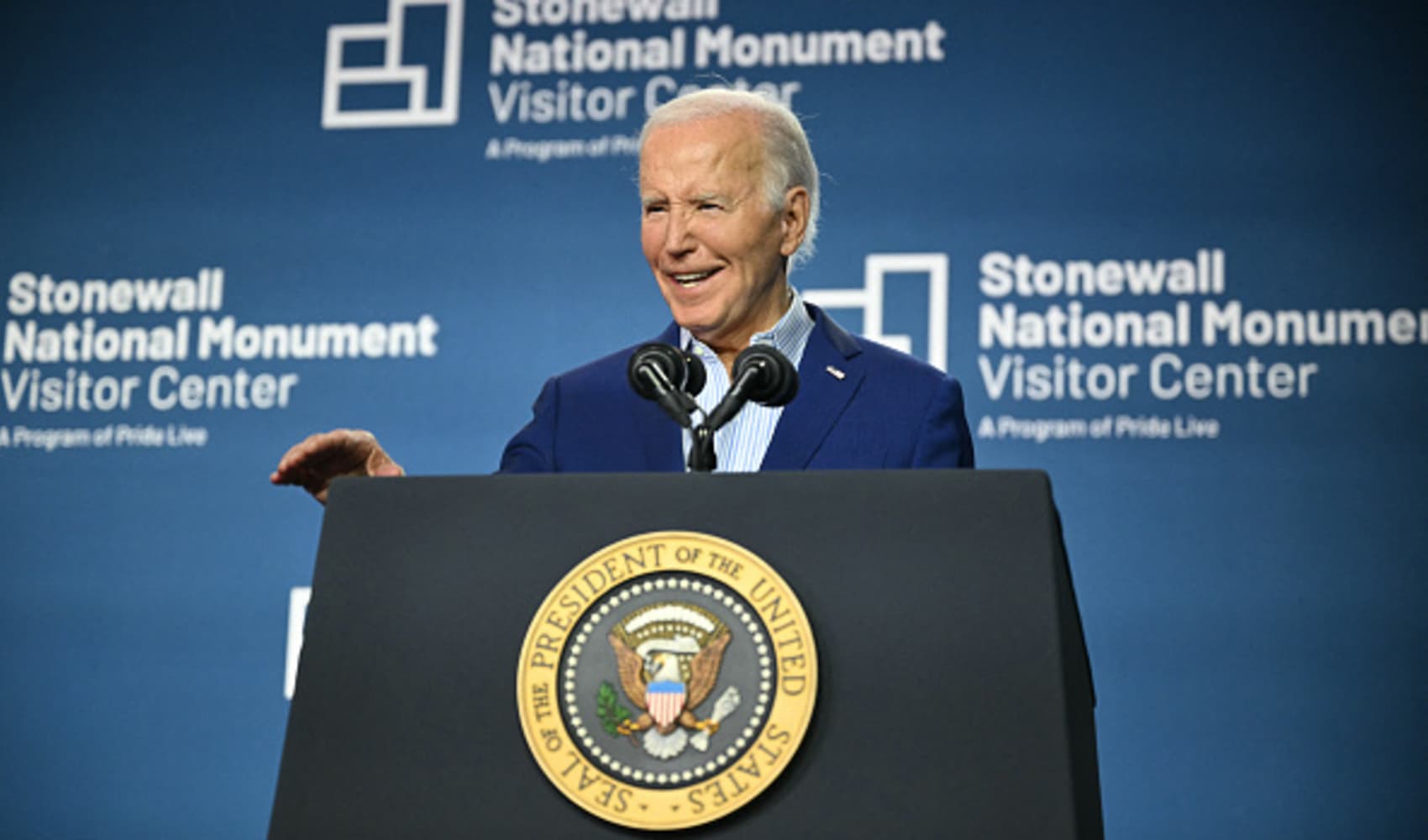
Youngest siblings can feel like they're at a disadvantage, from receiving hand-me-downs to getting blamed for things they didn't do.
For Indra Nooyi, the longtime PepsiCo CEO who stepped down in 2018, being the youngest of three siblings gave her a professional advantage: It taught her how to debate and speak up for herself, she said at the Aspen Ideas Festival on Tuesday.
"In many ways, my childhood shaped my core leadership skills without realizing [it]," Nooyi said. "I was forced to debate at home ... Every topic was thrown up for debate because there were three kids. We had to debate for everything, [even] a bar of chocolate."
She and her siblings would often ask each other questions like, "If you were president of this country, what would you do?" and "If you were chief minister of the state, what would you do?" and make their case for whose ideas were better, Nooyi explained.
Get Connecticut local news, weather forecasts and entertainment stories to your inbox. Sign up for NBC Connecticut newsletters.
DON'T MISS: The ultimate guide to becoming a master communicator and public speaker
"When you're a little child, you want to debate even more, because you're always the forgotten child," she said. "I won the lottery of life, in that way."
Eventually, Nooyi started studying how prominent leaders built their best arguments. She noticed how business executive Vernon Jordan repeated his most important points when he spoke, and former president Bill Clinton bit his lip to show that he was "emotionally committed to a topic," she said.
Money Report
Nooyi implemented some of those learnings upon becoming PepsiCo's CEO in 2006. Under her decade-plus of leadership, the company's stock gained cumulatively 79%, according to FactSet. Its annual net revenue hit $63.5 billion in 2017, up from $35 billion in 2006.
How to get better at speaking up for yourself
Speaking up for yourself and stating your opinions can take some courage and confidence. Those aren't just innate qualities — you can learn them through practice, as Nooyi did.
Building confidence often starts with training your brain to reject self-doubt, millionaire investor Matt Higgins recently told graduating students at Molloy University. The next time you're chosen for an opportunity at work, for example, ignore the voice in your head that wonders if you're good enough for it.
Instead, Higgins recommended, ask yourself: "Why not me?"
Body language can help, too: Stand up straight when you have something to say, Stanford University lecturer and communication expert Matt Abrahams told CNBC Make It last month. Don't physically sway, he added — it can make you look nervous.
Finally, develop an expertise. When you're an expert on something — or, at the very least, you're passionate about it — it's easier to speak boldly on that topic, according to social psychologist Adam Galinsky.
"Expertise gives us credibility," Galinsky wrote in a 2017 TED blog post, adding: "We can come across as an expert by tapping into a passion. When we tap into our passion, we give ourselves the courage in our own eyes to speak up, and we get permission from others to speak up, too."
Disclosure: NBCUniversal News Group, of which CNBC is a part, is the media partner of the Aspen Ideas Festival.
Want to be a successful, confident communicator? Take CNBC's new online course Become an Effective Communicator: Master Public Speaking. We'll teach you how to speak clearly and confidently, calm your nerves, what to say and not say, and body language techniques to make a great first impression. Sign up today and use code EARLYBIRD for an introductory discount of 30% off through July 10, 2024.






